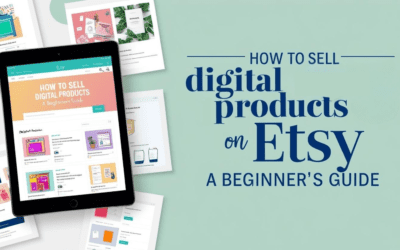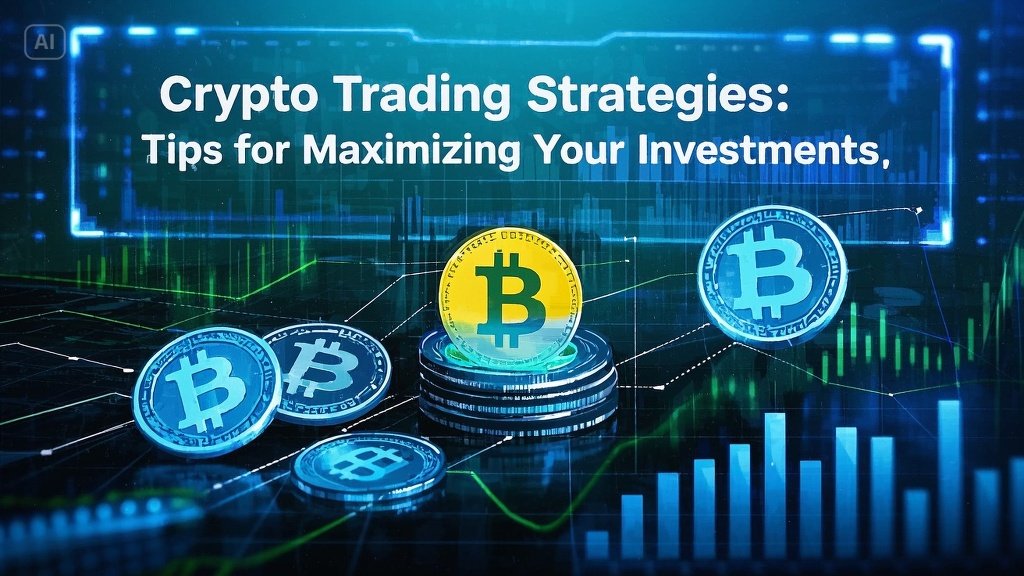Introduction
In an age where supply chains span continents and consumer trust is paramount, blockchain in supply chain management is emerging as a game-changer. This decentralized digital ledger technology offers unparalleled transparency, enabling businesses to track goods in real time, combat fraud, and optimize logistics. From ensuring food safety to verifying luxury handbags, industries are leveraging blockchain to build resilient, efficient networks. Let’s explore how this innovation is revolutionizing supply chains—and why it’s no longer optional for forward-thinking businesses.
Understanding Blockchain in Supply Chain
Blockchain is a secure, immutable digital ledger that records transactions across a network of computers. In supply chains, it provides end-to-end visibility by tracking products from raw materials to end consumers. Key features include:
- Tamper-proof records: Data cannot be altered retroactively, reducing fraud.
- Real-time tracking: Stakeholders access shared updates instantly.
- Smart contracts: Automated agreements trigger actions (e.g., payments) when conditions are met.
By 2027, the global blockchain supply chain market will reach $9.8 billion (MarketsandMarkets, 2023), driven by demand for traceability and compliance.
Industry Applications & Case Studies
Blockchain in Food Safety: From Farm to Fork
Food recalls cost companies $10 million on average (FDA, 2023). Blockchain slashes these costs by pinpointing contamination sources in seconds.
- Walmart uses IBM Food Trust to track mangoes from Mexico to U.S. stores in 2.2 seconds (vs. 7 days manually).
- Nestlé traces milk in its infant formula supply chain, ensuring compliance with EU safety standards.
Blockchain in Pharmaceuticals: Curbing Counterfeit Drugs
The WHO estimates 10% of global medicines are counterfeit. Blockchain combats this by:
- Serializing drug packs: Each product gets a unique digital ID.
- MediLedger: A consortium including Pfizer and Genentech verifies prescriptions via blockchain, reducing fake drug distribution by 30% (MediLedger Report, 2024).
Blockchain in Luxury Goods: Authenticity and Trust
Counterfeit luxury goods cost brands $30 billion annually (OECD, 2023). Solutions include:
- LVMH’s Aura: Tracks Louis Vuitton bags via blockchain, allowing buyers to verify authenticity.
- Breitling: Uses blockchain certificates for watches, boosting resale values by 20% (Forbes, 2024).
Benefits, Challenges, and Future Trends
Benefits:
- ✅ Fraud Reduction: Blockchain cuts counterfeit goods by 75% in compliant industries (World Economic Forum).
- ✅ Cost Savings: Automating paperwork saves logistics firms $500 million yearly (Deloitte, 2023).
- ✅ Sustainability: Brands like Patagonia trace recycled materials, appealing to eco-conscious buyers.
Challenges:
- 🚧 Interoperability: Integrating blockchain with legacy systems remains complex.
- 🚧 Regulatory Gaps: Standards vary globally, complicating cross-border adoption.
- 🚧 Energy Use: Some networks (e.g., Bitcoin) consume high energy, though eco-friendly alternatives like Ethereum 2.0 are rising.
Future Trends:
- AI-powered blockchain analytics for predictive logistics.
- IoT sensors syncing real-time data (e.g., temperature, location) to blockchain ledgers.
Conclusion
Blockchain in supply chain is transforming how goods move, ensuring authenticity, efficiency, and trust. While challenges like interoperability persist, early adopters are already reaping rewards—from slashing recall costs to winning consumer loyalty.
Citations:
- IBM Food Trust: https://ibm.com/food-trust
- MediLedger Report: https://mediledger.com
- World Economic Forum: https://weforum.org/blockchain
- MarketsandMarkets: https://marketsandmarkets.com/blockchain


















